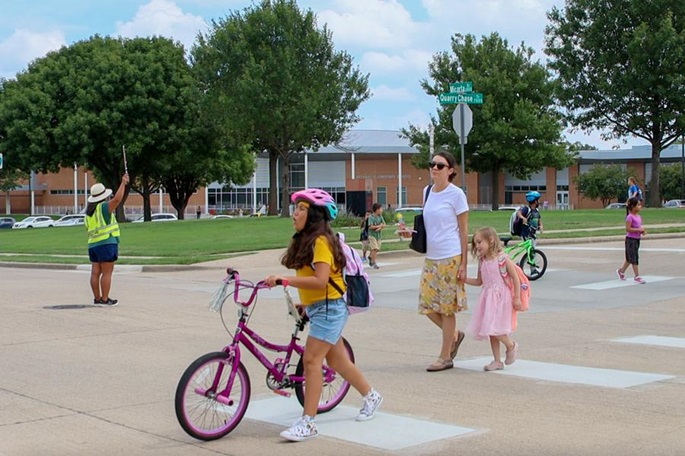Long COVID affects adolescents differently than younger children
Published : 22 Aug 2024, 03:49
A new study has found long COVID affects adolescents ages 12 to 17 years differently than younger children ages 6 to 11, reported Xinhua.
Adolescents were most likely to experience low energy or tiredness while children were most likely to report headache, according to the study, supported by the U.S. National Institutes of Health (NIH) and published in JAMA on Wednesday.
The study included 3,860 children and adolescents with a SARS-CoV-2 infection history at more than 60 sites across the United States between March 2022 and December 2023.
Researchers identified 18 prolonged symptoms that were more common in school-age children, including headache, followed by trouble with memory or focusing, trouble sleeping, and stomach pain. In adolescents, 17 symptoms were more common, including daytime tiredness, sleepiness or low energy; body, muscle, or joint pain; headaches; and trouble with memory or focusing.
"Most research characterizing long COVID symptoms is focused on adults, which can lead to the misperception that long COVID in children is rare or that their symptoms are like those of adults," said David Goff, division director for the Division of Cardiovascular Sciences at the NIH's National Heart, Lung, and Blood Institute.
"Because the symptoms can vary from child to child or present in different patterns, without a proper characterization of symptoms across the life span, it's difficult to know how to optimize care for affected children and adolescents," he noted.


